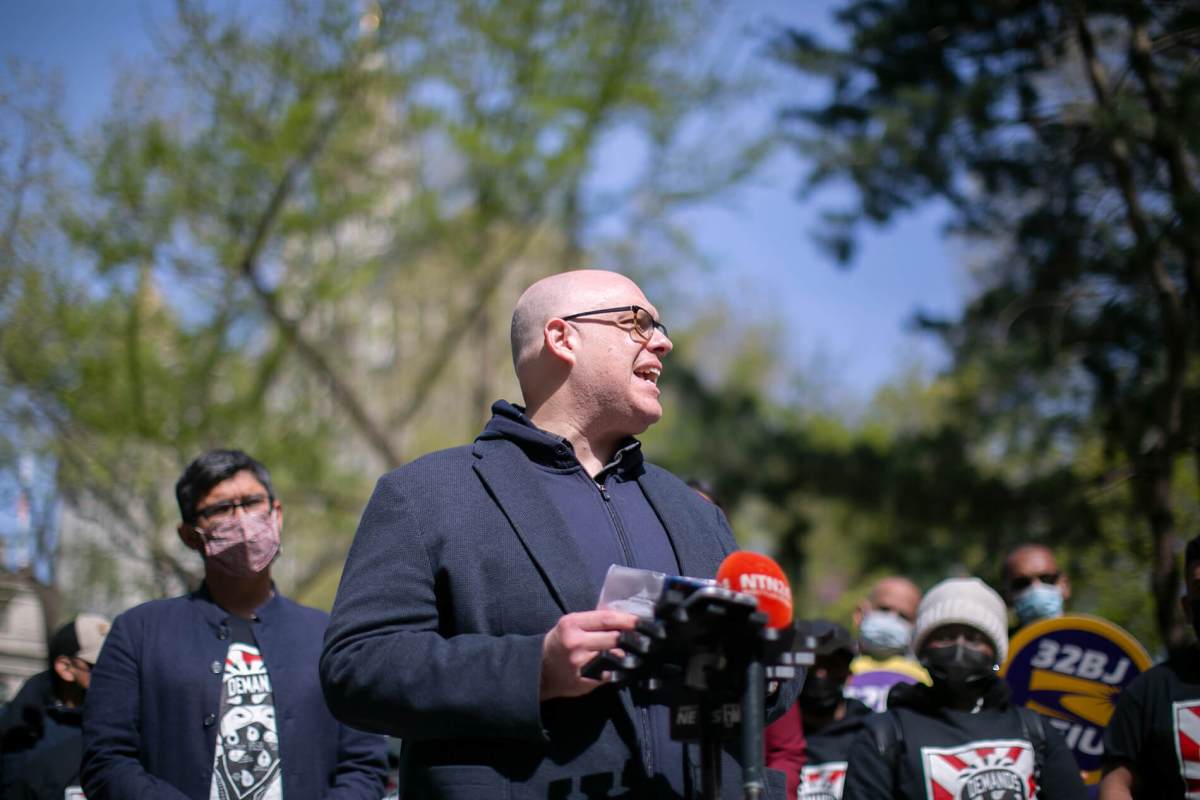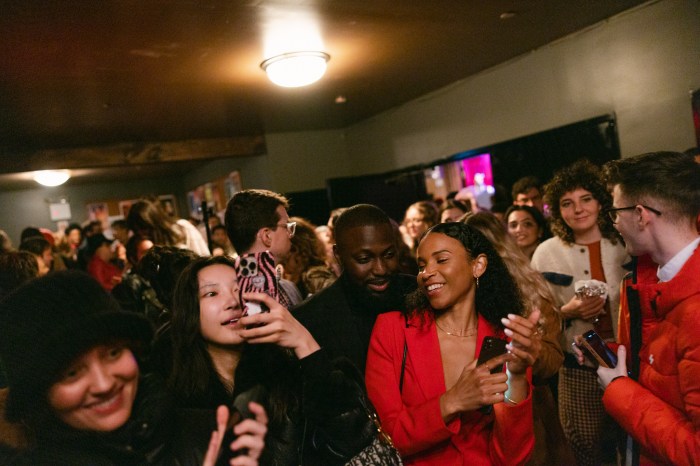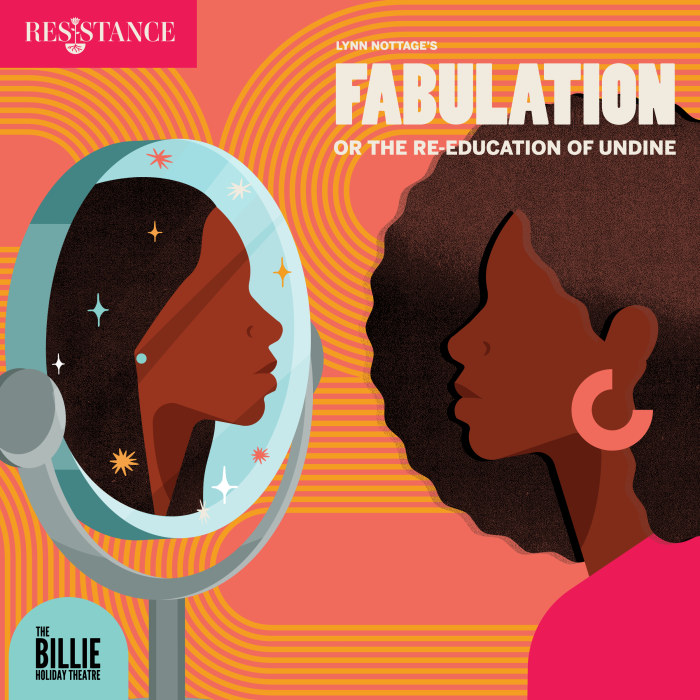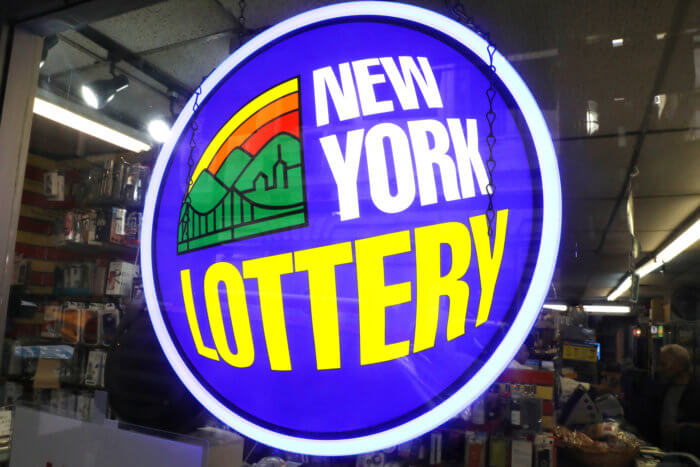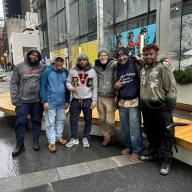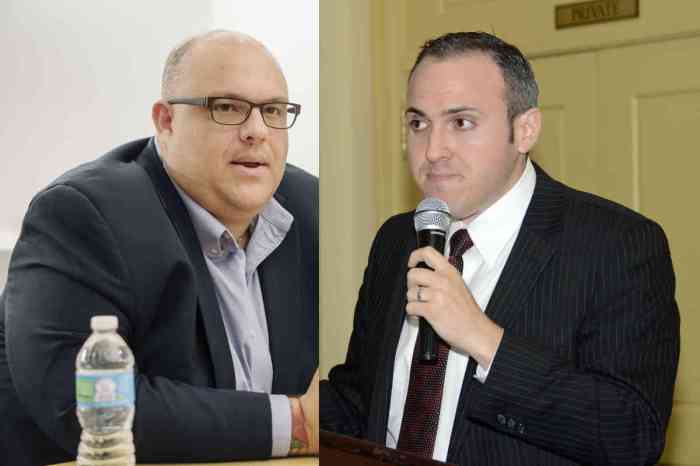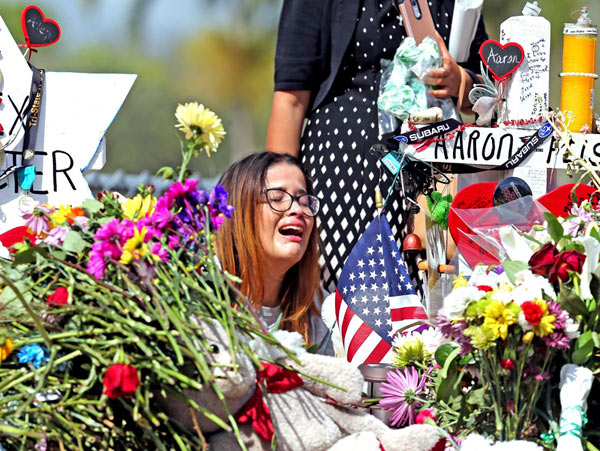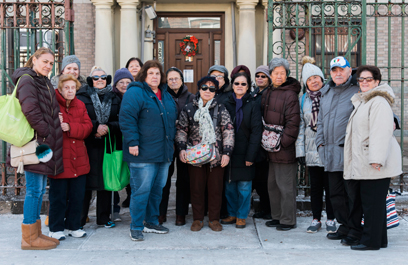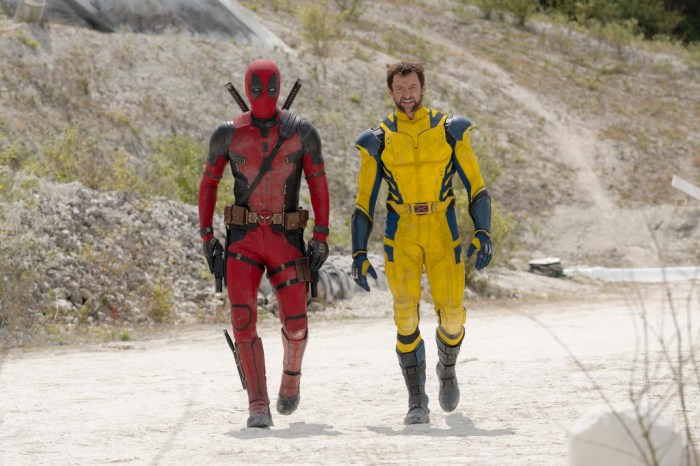The city’s budget process is ramping up ahead of a July 1 deadline, and Brooklyn Councilmember Justin Brannan is asking the city to fund a program for free eye care for low-income New Yorkers.
Brannan is proposing a year-long, $1.4 million pilot program for an optometry bus operated by the city’s Department of Health. For 365 days, the mobile clinic would drive around the city offering free eye exams and glasses for New Yorkers earning less than 250 percent of the federal poverty level, the Daily News first reported.
“Especially for low-income families, you’ve seen the research on adults and kids who struggle with unchecked vision issues and the substantial impact that it has on their lives,” Brannan told Brooklyn Paper. “This isn’t something that we can take for granted.”
The councilmember, who represents Bay Ridge, Dyker Heights, Bensonhurst, and Bath Beach, was diagnosed in 2016 with keratoconus, a rare eye condition affecting the cornea. In the seven years since, he has lost nearly all vision in his left eye, and is headed in for a cornea transplant later this week.
A long journey to diagnosis, treatment, and finally, surgery, the closest doctors can offer to cure keratoconus, has reminded Brannan of his good fortune to have comprehensive eye insurance, he said, something many New Yorkers have to do without.
In 2020, 7.2 percent of Brooklynites and 7.9 percent of New York City residents under age 65 were uninsured, according to census data. But dental and eye care are usually not covered by medical insurance, so preventive care and treatment can be prohibitively expensive.
Even though specialist ophthalmological care is usually covered by medical insurance, a visit to the regular old eye doctor is usually the first step. After he realized he was losing vision in his left eye, Brannan visited two different eye doctors before he was diagnosed at Verrazano Vision and referred to a specialist, he said.
Under federal guidelines, a family of four making up to about $70,000 per year would be eligible to take part in the pilot program.
The measure was included in the Council’s response to Mayor Eric Adams’ preliminary budget proposal for the upcoming fiscal year, which includes the list of the body’s monetary priorities, said Brannan, who heads the Council’s Committee on Finance.
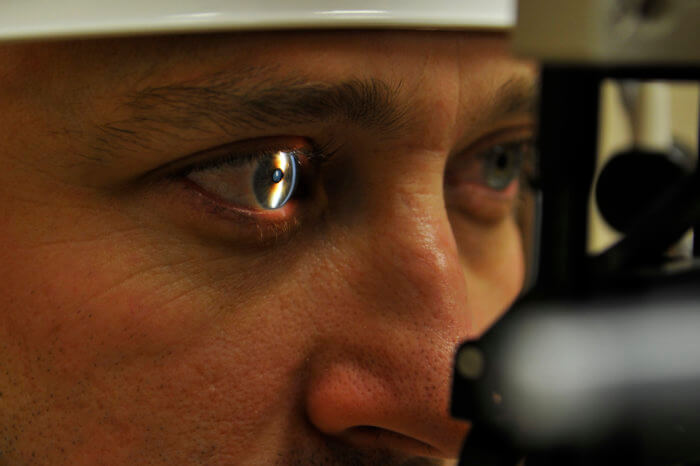
Late last month, Brannan introduced a bill that would require the health department to create a similar program, backed by his fellow Brooklyn electeds Shahana Hanif, Kalman Yeger, and Lincoln Restler. He penned a similar piece of legislation back in 2019, but it was lost in the shuffle of a busy legislative year for the city.
“We turned the legislation into a pilot program … if we’re able to get that funded in the budget, then we wouldn’t need the legislation,” he said. “In the grand scheme of things, it’s not that expensive, so we were able to assimilate it into the budget, and we’ll see what happens.”
Now that the Council has submitted their response, Adams will release an updated Executive Budget, which will be analyzed in Council hearings before the mayor’s office and the Council enter negotiations in late spring and early summer. The budget must be finalized on or before July 1, the first day of the next fiscal year.
Even if the pilot is successfully included in the city’s budget, Brannan still wants to pursue the legislative option to make sure it’s not just a one-and-done.
“I think the pilot program would be great because if the city saw how many people we were able to help, and how many people took advantage of it, it would just be an easier lift to make it permanent,” he said.
It’s too early in the budget process to know whether or not the program will end up in the final budget, Brannan said, and it will need to be developed further no matter what.
“Let’s say we do the mobile van and they get diagnosed with something that needs follow-up, that needs to be provided for as well,” he said. “That obviously has to be part of it. I think the low-hanging fruit are the folks that are walking around that just need a pair of glasses. That could change your life.”
As federal lawmakers continue to work on passing Universal Healthcare, city and state officials still have a role to play in making healthcare of all kinds more accessible, Brannan added.
“We’re trying to find our lane where we do have the jurisdiction to provide services for folks who can’t afford it,” he said. “Universal healthcare is the holy grail, but we keep sort of pushing at it wherever we can. This was a place where we were like, ‘We could do it ourselves.’”


